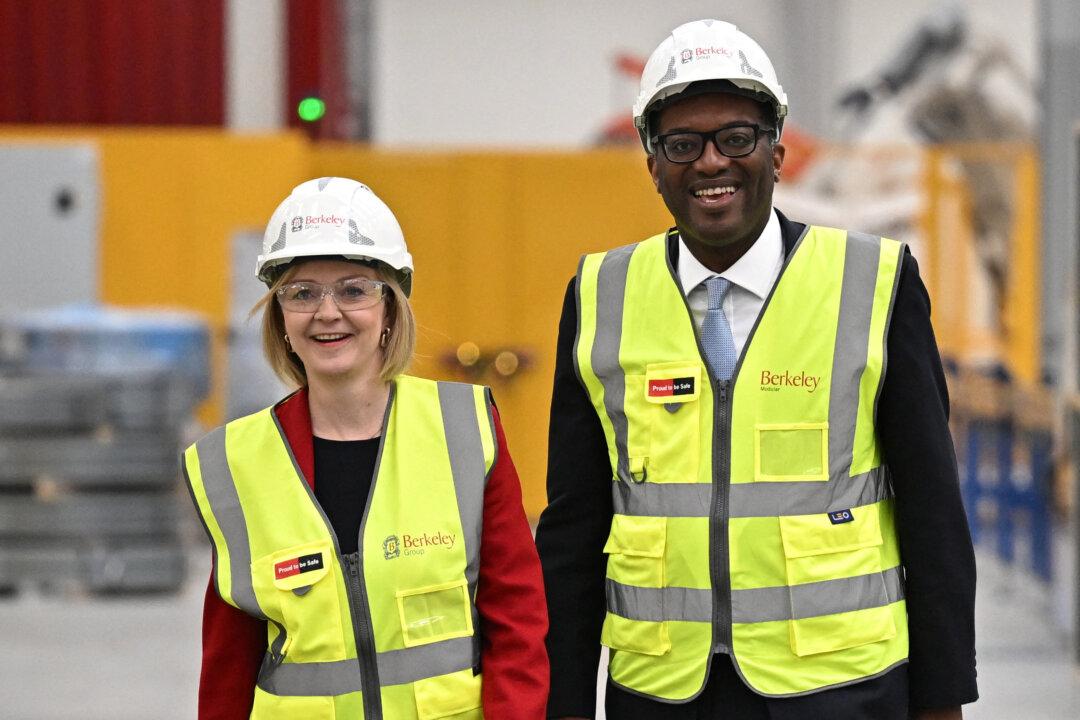The UK government will tighten rules on industrial action to curb “unacceptable” strike disruptions, Chancellor Kwasi Kwarteng has said.
Amid a wave of industrial action by hundreds of thousands of workers in multiple sectors, Kwarteng told the House of Commons, “At such a critical time for our economy, it is simply unacceptable that strike action is disrupting so many lives.”





